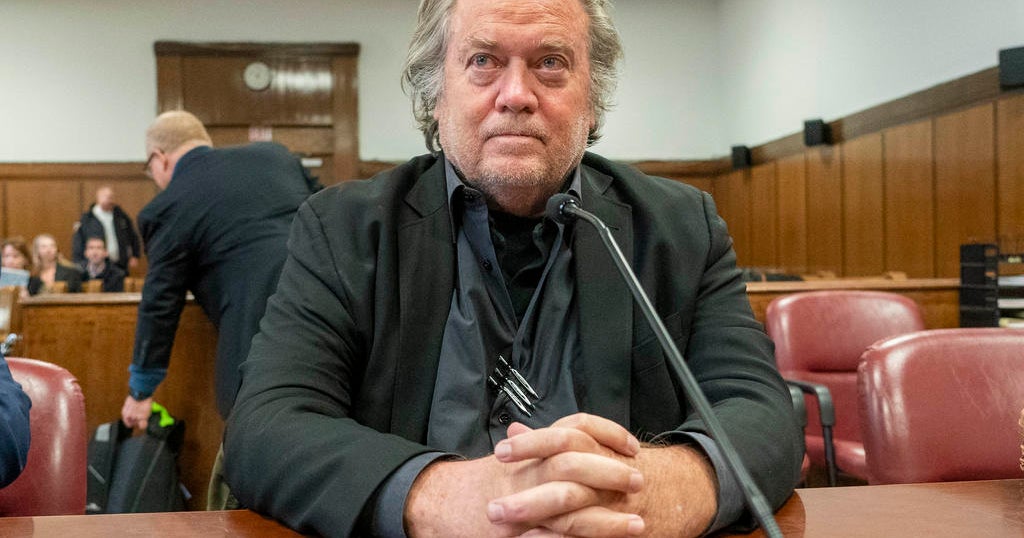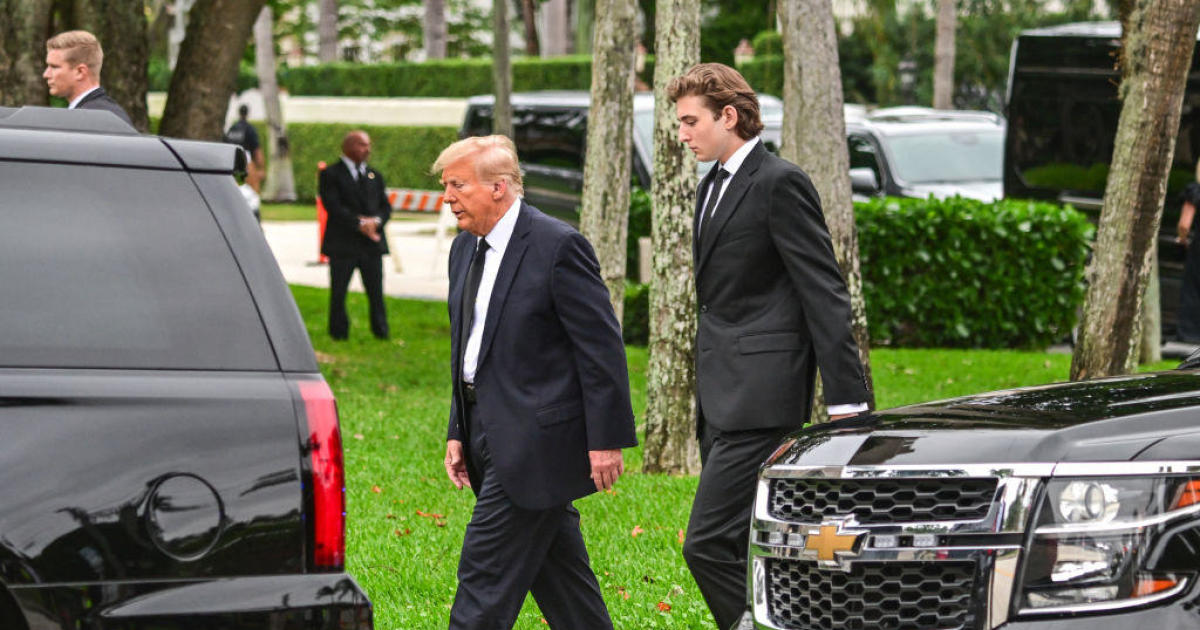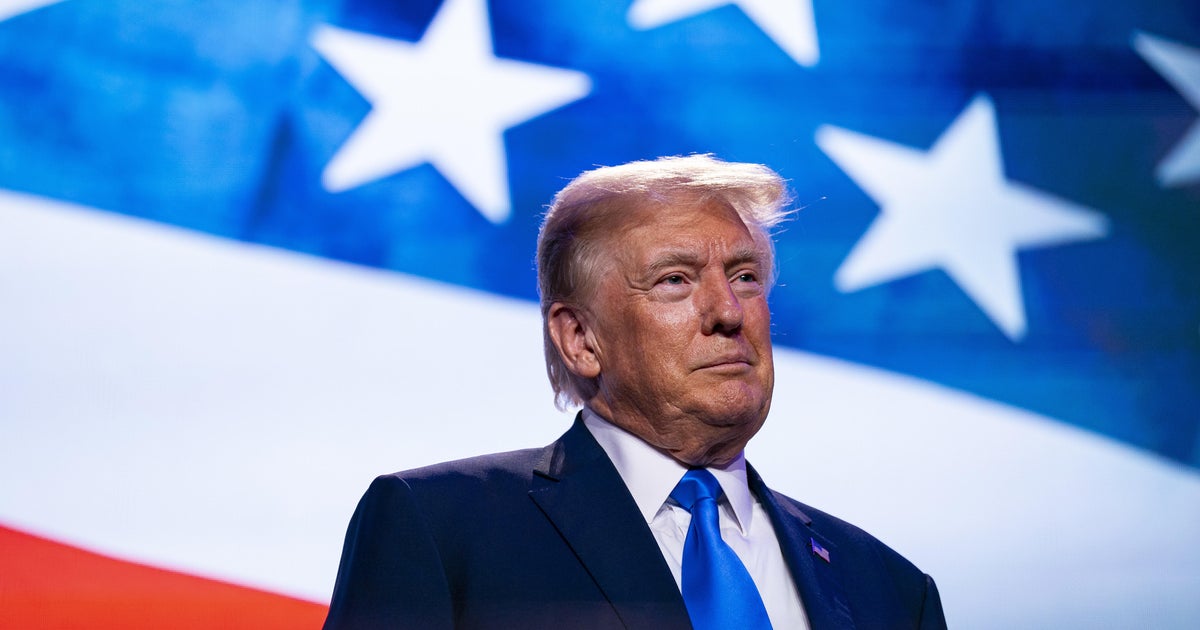China vows stable yuan, yields little to Western demands
BEIJING - China’s leaders pledged Friday to keep the country’s currency stable and trim bloated heavy industry as they wrapped up an annual planning meeting amid pressure from U.S. President-elect Donald Trump and European leaders over trade.
Responding to concern about possible threats from rapidly rising debt, the official Xinhua News Agency said leaders at the three-day meeting also promised to reduce financial risks.
However, the reports suggested President Xi Jinping’s government plans no significant changes despite calls by reform advocates to move faster on pledges to make the world’s second-largest economy more productive by giving market forces a bigger role.
And there was no indication of concessions to pressure from Washington and Europe, which complain Beijing blocks access to its markets in violation of its free-trade commitments. Foreign companies complain Chinese regulators are trying to squeeze them out of technology and other promising industries.
Mr. Trump, who takes office in January, has vowed to press Beijing for action by imposing 45 percent tariffs on Chinese goods. Few economists expect him to go that far, but any sanctions could hurt Chinese export industries that support millions of jobs.
The Economic Work Conference, attended by Xi and other Communist Party leaders, is a throwback to China’s era of central planning, but it still plays a key role in directing development of the state-dominated economy.
The Chinese leadership is trying to shore up economic growth while reducing reliance on debt that economists worry is dangerously high. Growth held steady at 6.7 percent over a year earlier in the quarter ending in September, propped up by a boom in real estate sales and credit growth. Forecasters expect growth to cool as regulators tighten controls to cool bank lending and housing costs.
Some economists and business groups say they expect no major new initiatives until after a Cabinet reshuffle following a congress of the ruling party late next year. That gathering might see the retirement of some figures from the party’s seven-member Standing Committee, China’s ruling inner circle. That would give Xi a chance to fortify his already extensive powers by promoting allies.
The leadership promised to ensure the “basic stability” of the yuan, according to Xinhua. The currency has weakened against the dollar, prompting concern it might be allowed to fall further.
President-elect Trump has accused Beijing of suppressing the yuan’s exchange rate to help its exporters. Economists say while that was true earlier, the Chinese central bank has spent heavily from its reserves in recent months to prop up the yuan’s value.
Friday’s statement promised to press ahead with “supply-side structural reforms,” a reference to shutting down excess capacity in industries including steel and cement in which supply exceeds demand.
European governments face complaints by their nations’ steelworkers and others that a flood of low-cost Chinese exports threatens their jobs. U.S. aluminum producers say they’re being driven out of business by Chinese imports.
At the same time, European business leaders express frustration that Beijing blocks foreign purchases of most Chinese assets while its own companies are on a global buying spree to acquire technology and brands.
The Chinese leadership also pledged to make a priority of preventing financial risks. Rising debt has fueled concern about possible threats to China’s financial system in the event of defaults.
Beijing’s reliance on credit to fuel growth since the 2008 global crisis has led to a rapid run-up in China’s debt to the equivalent of 250 percent of GDP, high for a developing economy. That has prompted warnings of a possible financial crisis or a drag on growth if debt isn’t controlled.
The ruling party has emphasized it intends to tighten political control over major companies, which its trading partners say runs counter to pledges to promote competition.
Foreign business groups also are alarmed by official development plans calling for Chinese companies to dominate fields including information technology, electric cars and other emerging industries.
The world is looking for “credible signals of further opening and reform,” said Germany’s ambassador to Beijing, Michael Clauss, in a statement issued during the meeting.
“The signals so far are mixed at best,” said Clauss. “The keywords seem to be stability, security and unified thinking, not bold reform, equal competition and liberated thinking.”



